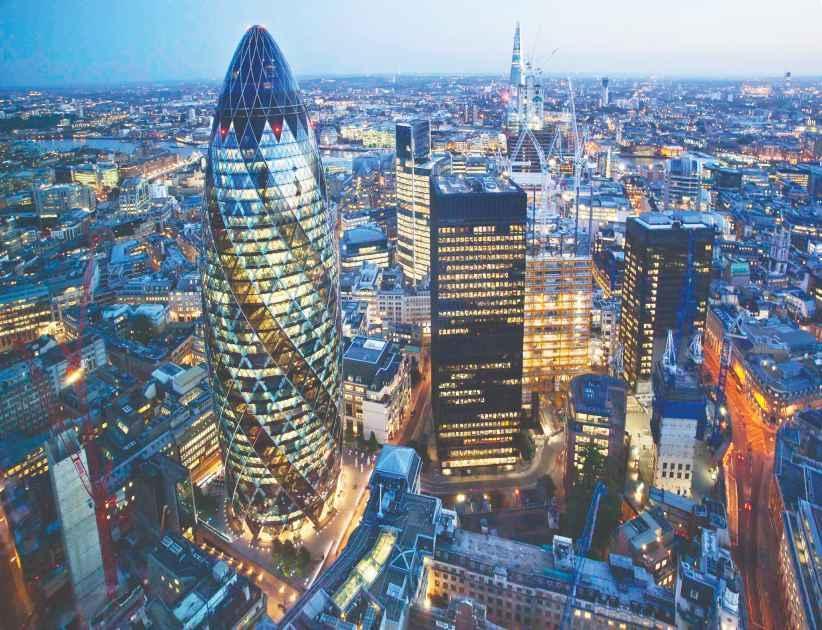UK economy ekes out growth in first quarter
LONDON

Britain’s economy grew 0.1 percent over the first quarter despite weakening in March, official data revealed Friday, as output continues to be hit by high inflation and strikes.
After narrowly avoiding recession last year, the economy advanced 0.5 percent in January before flattening in February and sliding 0.3 percent in March, the Office for National Statistics said in a statement.
“The fall in March was driven by widespread decreases across the services sector,” noted ONS director of economic statistics, Darren Morgan.
“Despite the launch of new number plates, cars sales were low by historic standards...with warehousing, distribution and retail also having a poor month,” he added.
The data comes one day after the Bank of England forecast that the UK economy would avoid recession this year despite the country’s annual inflation stuck above 10 percent.
With consumer prices continuing to rise at a fast pace, the BoE on May 11 hiked its key interest rate by a further quarter-point to 4.5 percent.
It was the central bank’s 12th increase in a row, putting the rate at the highest level since the global financial crisis in 2008.
Elevated inflation is eroding the value of workers’ wages, causing mass strikes across Britain..
“A weaker economy in March underscores its fragility despite a fall in wholesale energy prices, improving supply chain conditions, and consumer confidence that has... recovered from multi-year lows,” noted Yael Selfin, chief economist at KPMG UK.
“While recession is probably no longer on the cards, vulnerabilities resulting from higher borrowing costs and tighter credit are likely to dampen business and household activity this year,” she added.
The latest BoE hike is set to deepen the crunch in living standards as retail banks pass on the increase, resulting in higher repayments on loans, including mortgages.
U.K. annual inflation stood at 10.1 percent in March, the highest level in the Group of Seven richest nations.
Prime Minister Rishi Sunak and the BoE blame the high level partly on rises to pay and have urged employers to show restraint.
Sunak’s Conservative government last week suffered a drubbing in local elections, as voters gave their verdict over a cost-of-living crisis despite government efforts to partly subsidise energy bills.
















